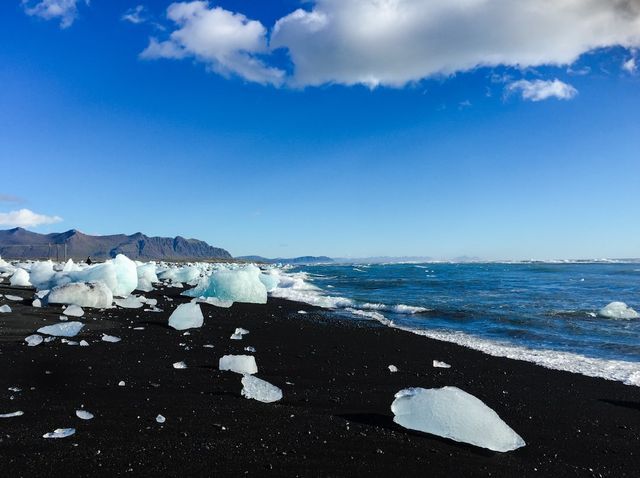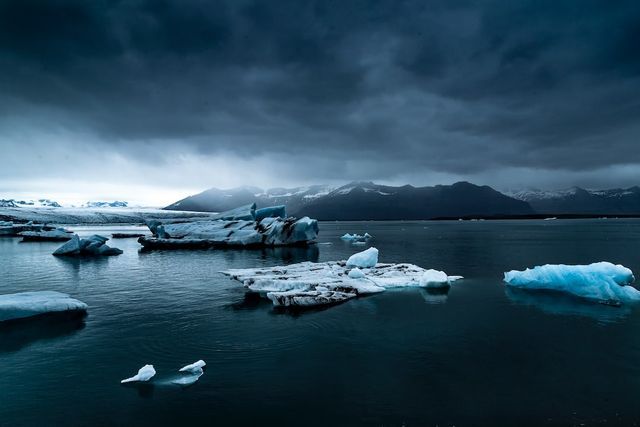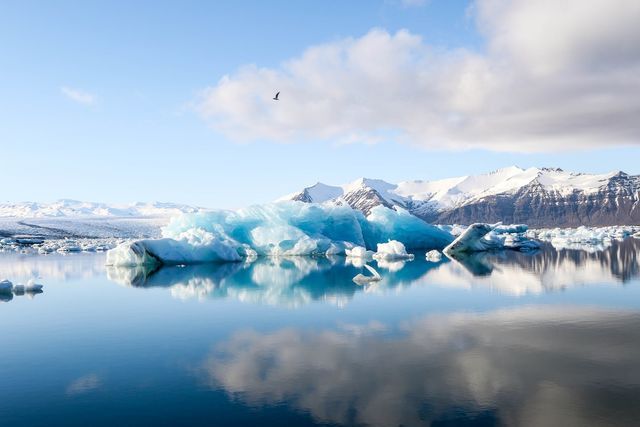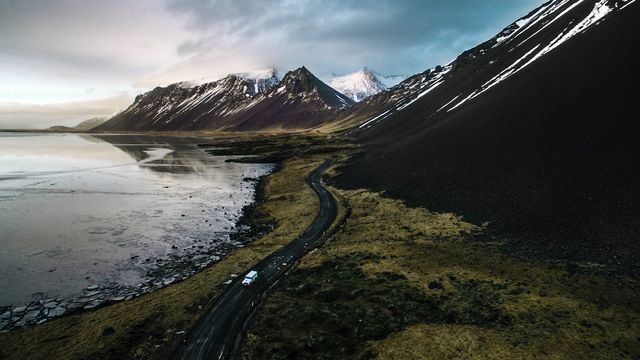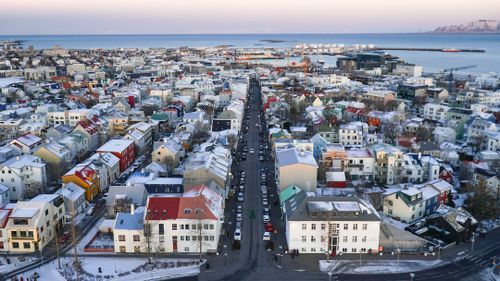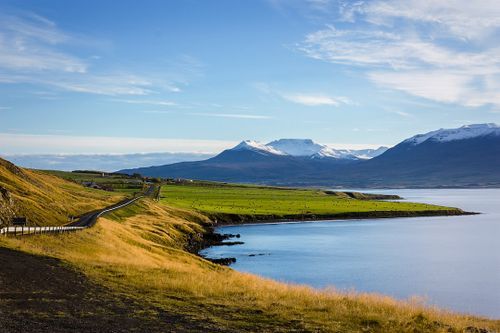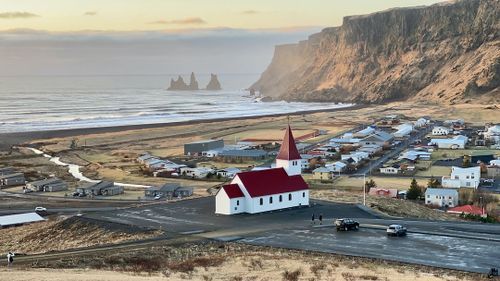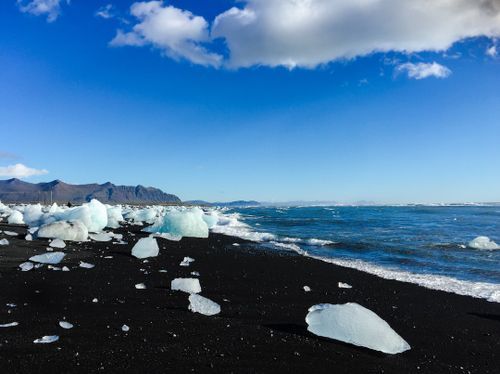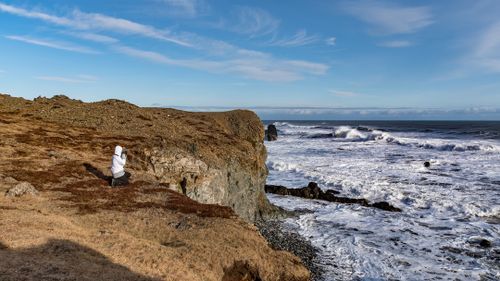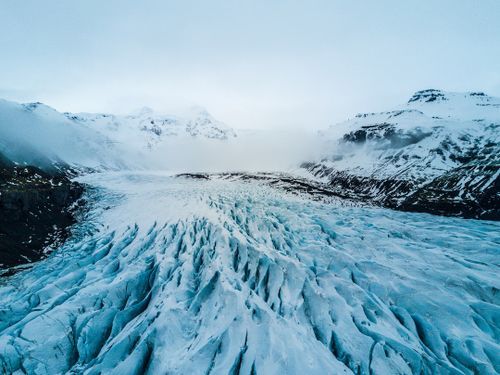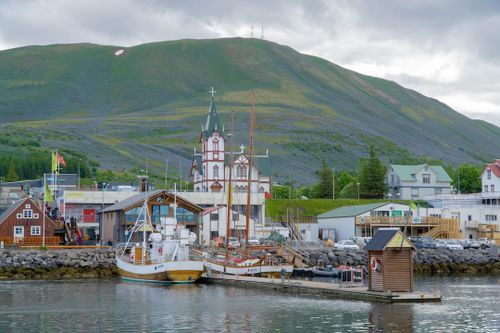Is East Iceland safe for solo female travelers?
East Iceland, although remote, is generally very safe for solo female travelers. Crime rates are incredibly low throughout the entire country, with petty theft being infrequent. Icelanders are typically friendly and willing to assist travelers. Local services and amenities are readily accessible, possibilities to engage with other travelers are ample, and the infrastructure is reliable. However, travelers should always maintain common travel precautions, particularly in the wilder, less populated areas to avoid common accidents related to nature and the weather.
Safety rating
East Iceland is currently ranked #4 safest place in Iceland for solo female travellers, with an overall safety rating of 4.2 out of 5. . Check the full ranking.
How safe is East Iceland for solo female travelers?
No travel experience found
Be the first to share your experience.Safety in Iceland




